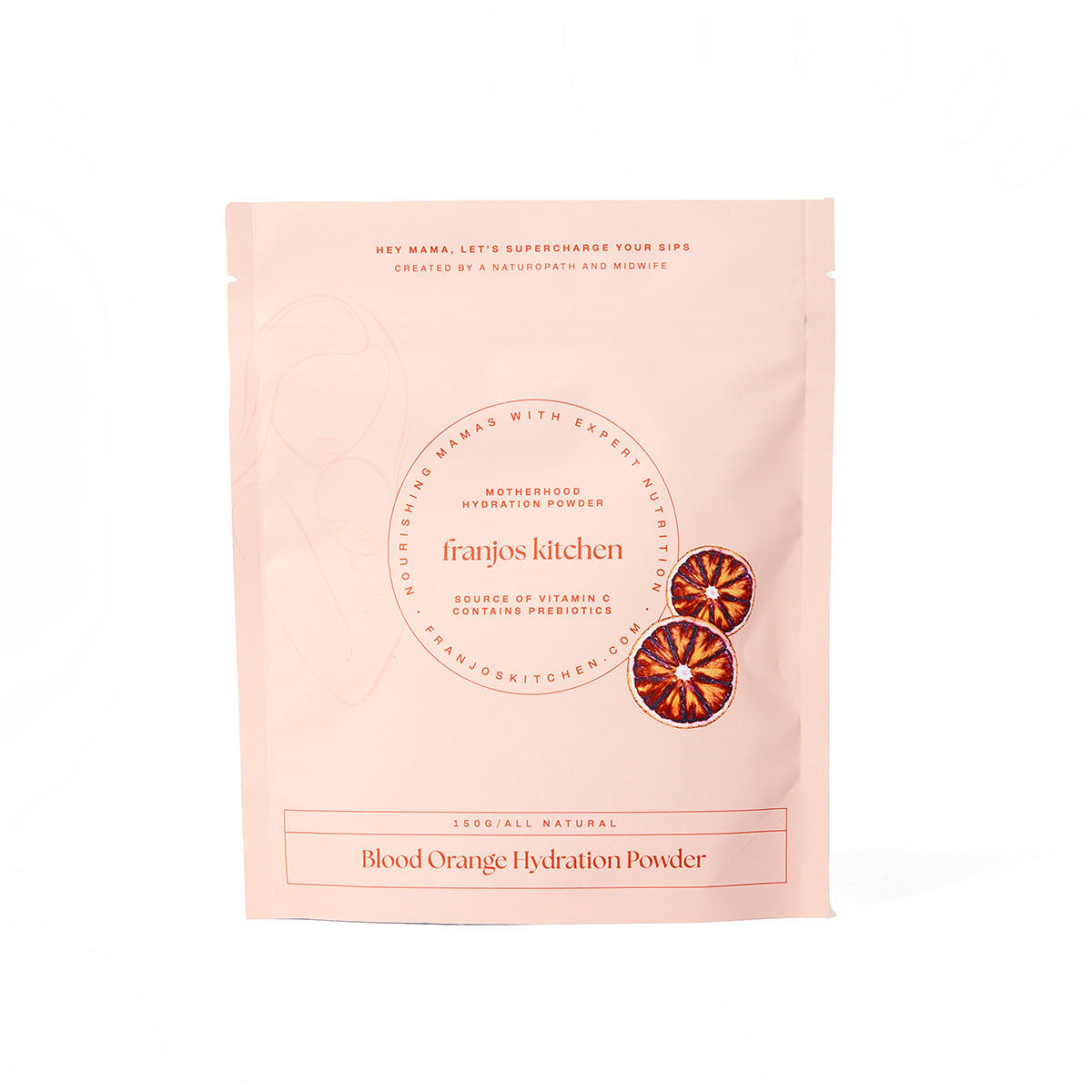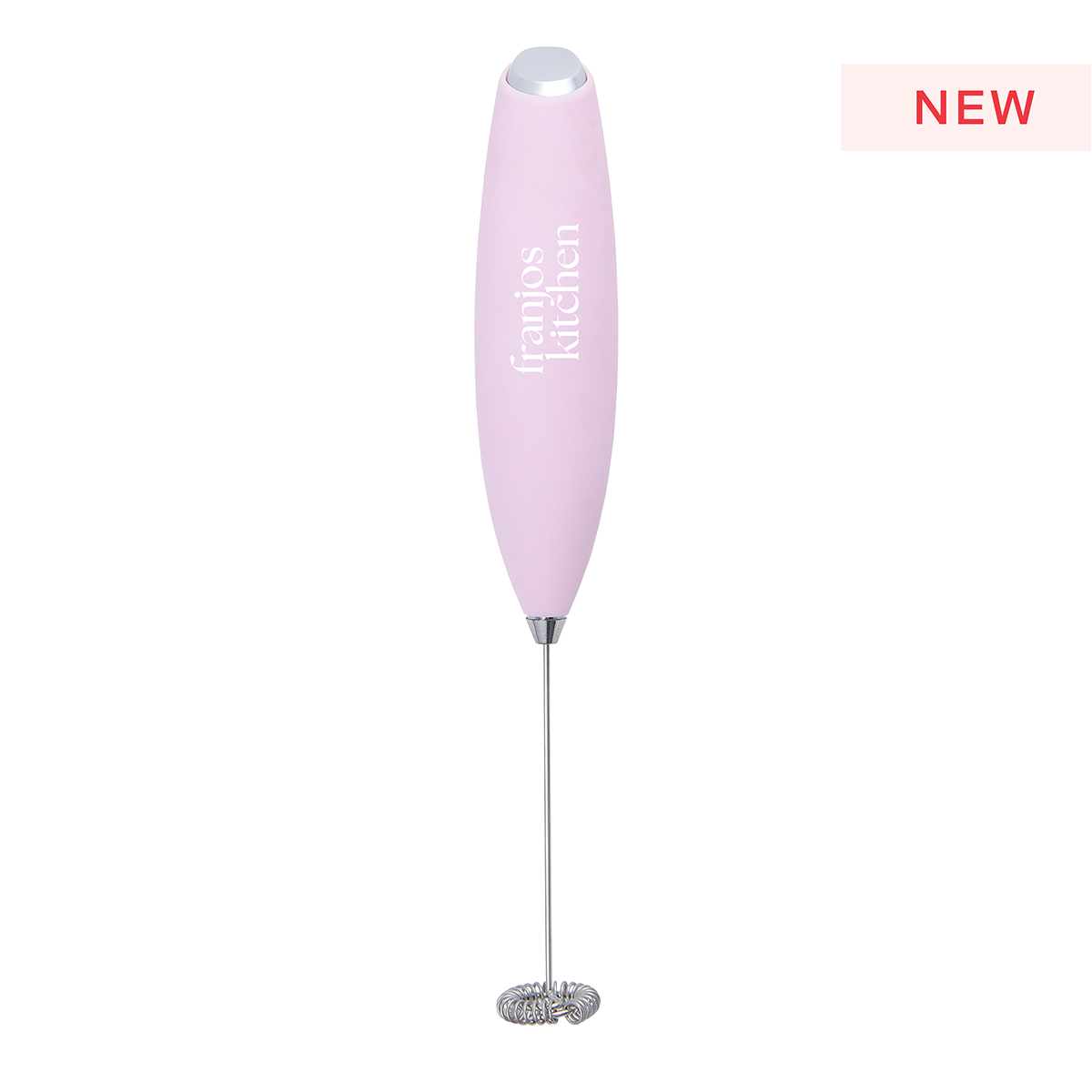Breastfeeding Into Toddlerhood
Today we want to chat about breastfeeding into toddlerhood, the benefits, the pros, and what health bodies around the world recommend. Over 90% of mothers in Australia will initiate breastfeeding after birth. Some families have a very specific idea of how long they wish to breastfeed, others may find it doesn’t work for them and end sooner. Whatever you decide, just know any time spent breastfeeding will do your baby a world of good, if you want and choose to.
Before we delve into the health benefits, it is important to discuss one of the most important aspects of breastfeeding, which is the connection it creates between mother and child. Breastfeeding your little love can encourage a special, warm, and close bond between a mother and her baby. The concept of providing nourishment, love, and warmth through the process of skin to skin feeding is a beautiful one and will make you as a mother feel an indescribable amount of joy and happiness (most of the time!). You will read that breastfeeding has an undisputed amount of health benefits, yet the wonderful psychological benefits for mother and baby are also something to take into consideration.
So, now you have decided you do wish to breastfeed, what is the recommended amount of time to nurse your little one? There is actually no specific amount of time. However, most paediatricians encourage mothers to nurse for at least six months to one year, this is because breastmilk is rich and nourishing food for any baby. Despite the misconception, it should be sooner, mothers don’t actually need to introduce solids until their child is 6 months old. This then asks the question, when should she consider weaning?
A multitude of data and literature advocates for longevity when considering how long to breastfeed a child. Information provided by the World Health Organization (WHO) has a clear and passionate message to mothers, that breastfeeding for as long as possible can assist in supporting and nourishing a child's mental and physical development. Furthermore, the Australian Breastfeeding Association also encourages mothers to consider breastfeeding for as long as possible, as it establishes a healthy starting point for the child’s growing independence, particularly at a time where illness is common in weaned babies. They state that breastfeeding, even when the child has reached two years of age, is something to take into serious consideration. This is because breastmilk is an important source of energy and protein, and helps to protect against disease during the child's second year of life.
The list of health benefits breastfeeding provides to babies and toddlers is exhaustive, so here are a few to summarise why you should consider breastfeeding for longer:
- The average age in which breastfed toddlers are weaned worldwide is 4 years old
- Breastfed toddlers tend to maintain healthier BMI's and body weights well into adulthood - and feeding into the toddler years ensures this statement all the more
- Breast milk changes over time to accommodate for a toddlers needs
- Mothers who exclusively breastfeed can burn up to 600 calories per day
- There are incredible benefits to breastfeeding toddlers over the age of 1 such as increased immunity properties.
- The longer a mother nurses, the less likely she is of developing certain cancers such as ovarian and cervical cancer
- More and more, people are finally becoming more accepting of breastfeeding worldwide - even into the toddlerhood years
Ultimately, breastfeeding is a personal journey and choice. The journey isn’t always smooth or easy for some mothers, and it takes some time to establish a good nursing relationship and routine. Some days may feel harder than others, which can sometimes fluctuate your emotions, from elation to deep frustration, and everything in between. The breastfeeding path is undoubtedly a wonderful one, and it’s one that you as a mother will understand on a personal level, so you should feel completely comfortable breastfeeding for as long as you and your baby feel you can.
Ultimately, there are two instances in which your child will begin to wean. The first instance is when you decide it’s time, and you wish to start the process of slowly reducing the number of times you are feeding per day. Many people feel comfortable doing this by replacing one breastfed feed per day with alternative foods and drinks from 6 months of age. Alternatively, other mothers feel it’s easier to only offer the breast before bedtime, this establishes a routine and works to ease a toddler out of the breastfeeding dependence without overwhelming them. The second instance is when your toddler decides they want to begin weaning, known as baby-led weaning or toddler-led weaning,
Naturally, some mama’s feel saddened or alarmed by toddler-led weaning. After all, the breastfeeding journey is a magical one in which most mothers don’t feel ready to let go of just yet, and it can evoke strong emotions of worry or sadness. However, this is completely natural and it is important for a mother to read the signals and follow in her toddler’s footsteps to assist with the process.
Breastfeeding into toddlerhood is something no mother should ever have to miss out on should she choose to do so. It is so important to educate each other, discuss and talk about why breastfeeding is such an important part of raising a child. The more we talk, the more people become comfortable and informed about certain topics. Everyone in the world will have their own opinions, maybe not everyone will agree, but it is absolutely essential that as a mother you feel comfortable to breastfeed for as long as you feel suitable.
After all, it's what nature intended - you’ve got this mama!
Beautiful image from mama @valeriaharris__



